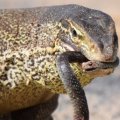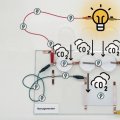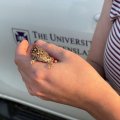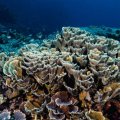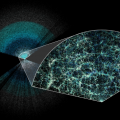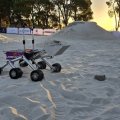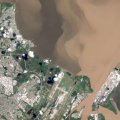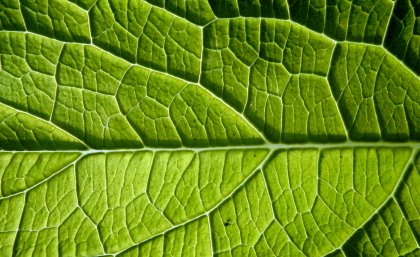
Why is a banana leaf a million times bigger than a common heather leaf? And why are leaves generally much larger in tropical jungles than in temperate forests and deserts?
A global team of 17 scientists including a University of Queensland researcher has cracked the mystery of why plant leaves vary wildly in size.
UQ School of Biological Sciences postdoctoral fellow Dr Elizabeth Law said it was a century-old conundrum for scientists as to why leaf size varied with latitude – from very small near the poles to massive leaves in the tropics.
“While the textbooks say it’s a balance between water availability and overheating, we just didn’t see that in the data,” she said.
The research, led by Associate Professor Ian Wright from Macquarie University, revealed that in much of the world, key factors affecting leaf size were night temperatures and risk of frost damage to leaves.
The international team of researchers analysed leaves from more than 7600 species across the world. The data was teamed with new theory to create a series of equations which predict the maximum viable leaf size anywhere in the world based on the risk of daytime overheating and night-time freezing.
The researchers will use these findings to create more accurate vegetation models. These will be used by governments to predict how vegetation will change locally and globally under climate change, and to plan for adaptation.
Dr Law said it was exciting to be part of a team that has developed new theories in ecology.
“Not just observing patterns and changes, but really being able to explain why they happen,” she said.
“It’s the first step towards better predictions of the future.”
The study is published as the cover story in the latest edition of Science.
Media: Dr Elizabeth Law, e.law@uq.edu.au, +61 7 336 52527 or Niall Byrne, niall@scienceinpublic.com.au, +61 417 131 977.


